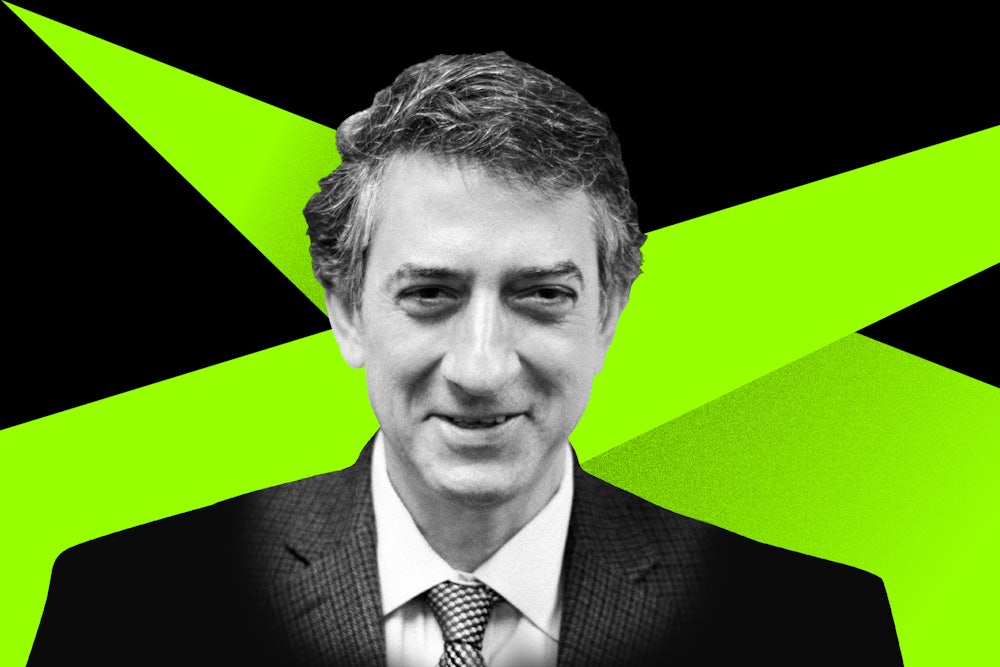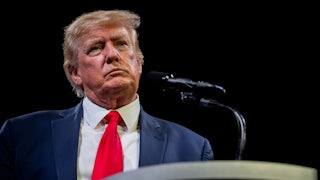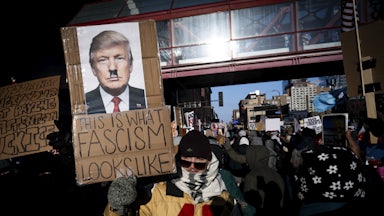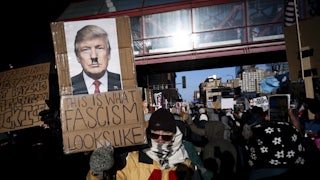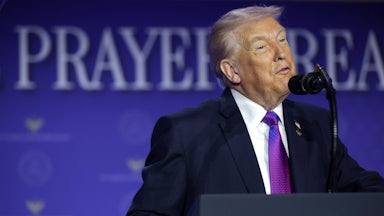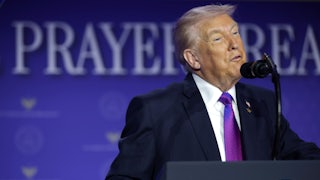Are Joe Biden’s Democrats changing economic policymaking in this country? They have a good deal to show for their first two years: the $370 billion for climate investments, the far larger infrastructure bill, and the CHIPs and Science Act, to name a few items. There are also the less visible but no less important nonlegislative changes. The shift in monopoly and industrial policies represents not just attempts to try something new but approaches that are philosophically different from the bulk of federal lawmaking over the last 40 years.
But there’s also a lot they didn’t manage to pass, like a higher minimum wage and Build Back Better, and much more that needs to be done. Achieving these things isn’t just a matter of convincing Americans that Democrats’ economic policies will work for them. It’s also a matter of changing the way people think about the fundamental principles of economics and how they relate to the sort of society we want.
Welcome to this unusual edition of Tomaskycast, in which yours truly is the interviewee. TNR staff writer Tim Noah, who as it happens is one of America’s sharpest journalists writing on economic policy today, interviews me about my new book, The Middle Out: The Rise of Progressive Economics and a Return to Shared Prosperity.
The book does three basic things: One, it tells the story of how we got to a point where conservative, free-market thinking became so dominant; two, it describes the broad left’s efforts since the Great Recession to end that dominance; and three, it lays out my case for how Democrats can win the economics argument over Republicans and take the country in a better direction. In sum: Democrats need to tie their economic ideas to the ideals that all Americans are taught to cherish: democracy and freedom. A more just economics will give us a fairer society (and by the way, better growth too)—and it will strengthen democracy and vastly increase freedoms for all.
